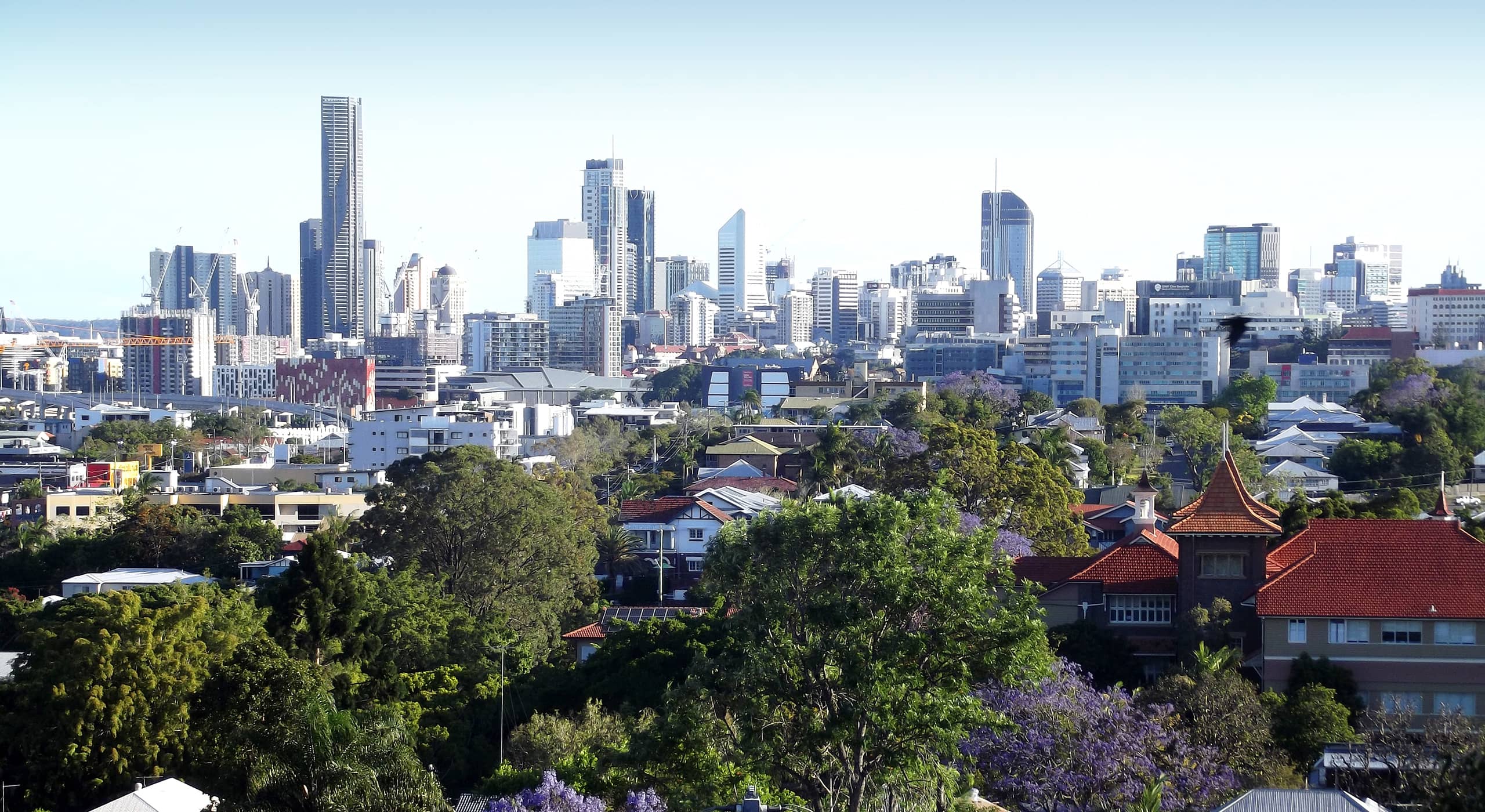
Once again, the Apocalypse has been averted and the four horsemen have ridden off to create havoc elsewhere. Rather than the much-heralded assault on the Australian residential housing market, as has been predicted for the past five years by an ever-increasing host of international and domestic doomsayers, we are instead witnessing an orderly retreat.
There’s little doubt that Australian property is likely to be subdued for at least the next few years and that values here are likely to decline. As in previous times, the property market appears to be settling in for a prolonged hibernation after a debt-fuelled run-up. But those gleefully predicting a US-style crash in the Australian property market are so far wide of the mark it beggars belief that anyone bothers to listen.
The official figures released this week by the Bureau of Statistics clearly show a downward trend in the domestic housing market. Overall, we experienced a 4.8 per cent national decline in the year to the end of December. But the manner in which the declines were carved out provides the most interest. Australia may be a nation in the throes of a once-in-a-generation economic transformation, with resources squeezing out traditional industries, but there has been little evidence of that in housing demand.
Among the biggest surprises was that Brisbane, one of the beneficiaries of the resources boom, led the housing market price declines with a 6.7 per cent drop in the year to the end of December.
Australian residential real estate is expensive on just about any measure you care to nominate. And it is clear that it has reached a tipping point. For it has outgrown the capacity of Australians to service the debt required to buy a property. Not only that, the stronger dollar has made our property more expensive for foreign investors. But to employ that argument as the exclusive rationale for a domestic property market collapse is naive in the extreme and ignores the fundamentals of market operations – supply and demand.
For a US-style property collapse to occur here, we would need sovereign debt defaults across Europe, the disintegration of the European Union and a banking crisis that would cripple even China. And if that happens, we’ll have bigger concerns than the price of our homes.
It also is the reason global ratings agencies are seriously considering downgrading our banks, particularly given the threat to international finance from the ructions in Europe. And it goes a long way to explaining why our banks have aggressively switched back to domestic funding, to raising their cash at home.
The adjustments are in place. A crash? Don’t bet the house on it.


